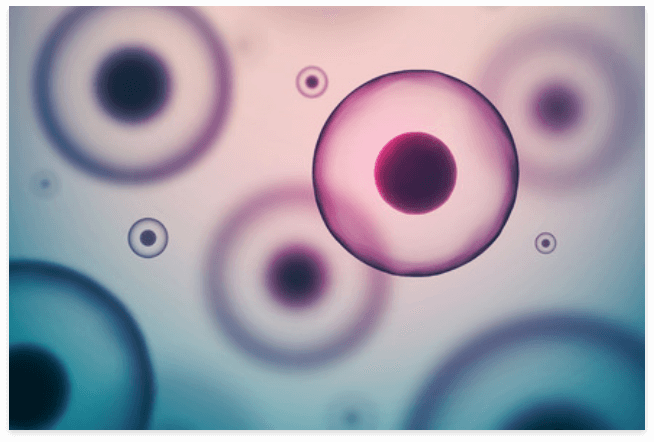Treatments
Mitochondrial therapy

What is mitochondrial therapy?
We now know that illnesses and signs of aging are caused by changes in the cell’s mitochondria and not, as we believed for many years, by damaged genetic material.
The therapy therefore focuses on mitochondria, which are important organelles in the human body that provide every cell with energy. To do this, the mitochondria produce a special substance called ATP (adenosine diphosphate) to transfer energy.
Energy in the form of ATP controls the natural sequence of physiological processes that take place in the body’s cells.
Each day, mitochondria need to produce as much energy as a person's weight. This energy is constantly supplied to and used by every organ of the body. Possible disturbances in mitochondrial ATP production (mitochondrial disease) can lead to what is known as a bio-energetic deficit. This can cause functional problems for the internal organs that are not being supplied with enough energy.
Functional problems in the mitochondria can also trigger “diseases of civilisation.” The symptoms, location, extent, and length of the illness, as well as the time at which it begins, are affected by additional individual factors.
Treatment
The use of regenerative mitochondrial medicine aims to restore the damaged mitochondria as the cell’s powerhouse. Mitochondrial activity is stimulated with an orthomolecular treatment. Vitamins, amino acids, and trace minerals are prescribed to the patient as part of an individualised treatment plan.
Before treatment begins, any behavioural patterns that need to be changed are discussed to reduce the risk of these affecting long-term mitochondrial performance. For example:
- Smoking, heavy metals, chemical toxins, pesticides, insecticides, solvents
- Inactive lifestyle, poor stress coping mechanisms
- Heavy load of environmental pollutants and toxins
- Viral, bacterial, or parasite infection
- Psychological and physical trauma
- Psychological and physical overload
- Medications (antibiotics, statins, aspirin, beta-blockers, potency treatments, nitrates, painkillers, heart medications, etc.)
- Poor nutritional habits and contaminated foods
- A diet heavy in carbohydrates (rice, corn, potatoes, white flour and whole grain products)
- Electrosmog, radiation from cell phones and cordless phones
Treatment areas
Benefits
Special functional parameters are now available to assess mitochondrial function. These can be identified as part of my METAVITAL HUMAN TS consultation. The idea behind regenerative mitochondrial medicine comes from naturopathic medicine and is only partially recognised by traditional medicine because, from the viewpoint of traditional medicine, effectiveness is not yet fully proven.